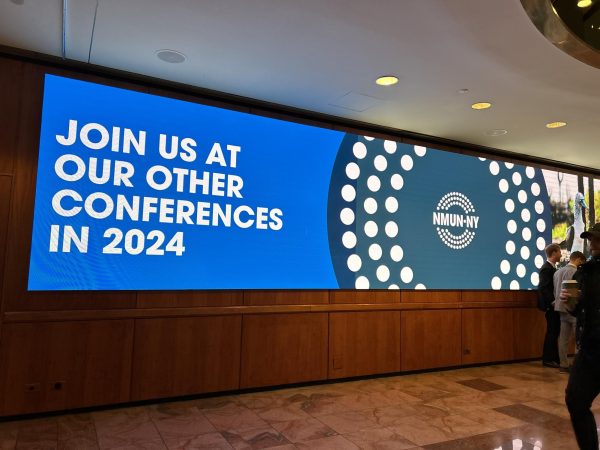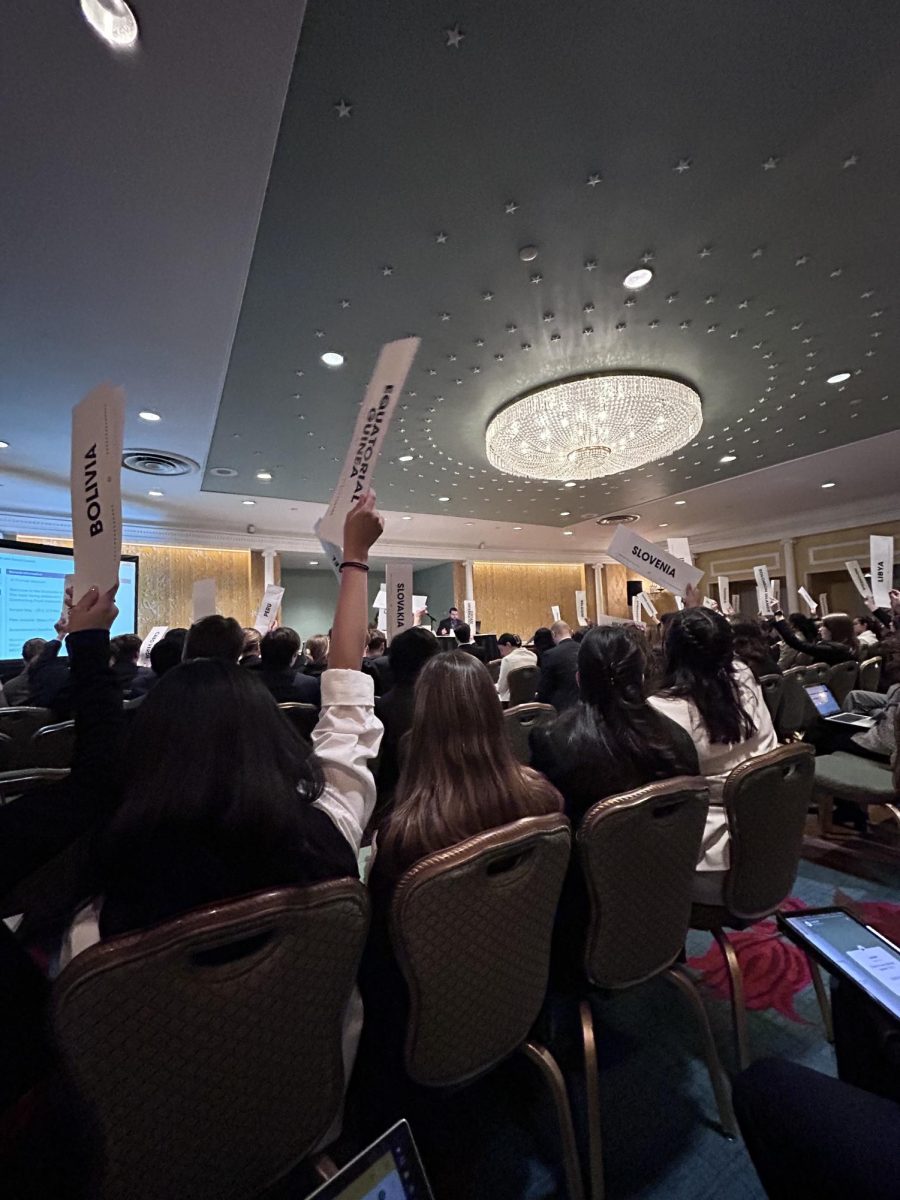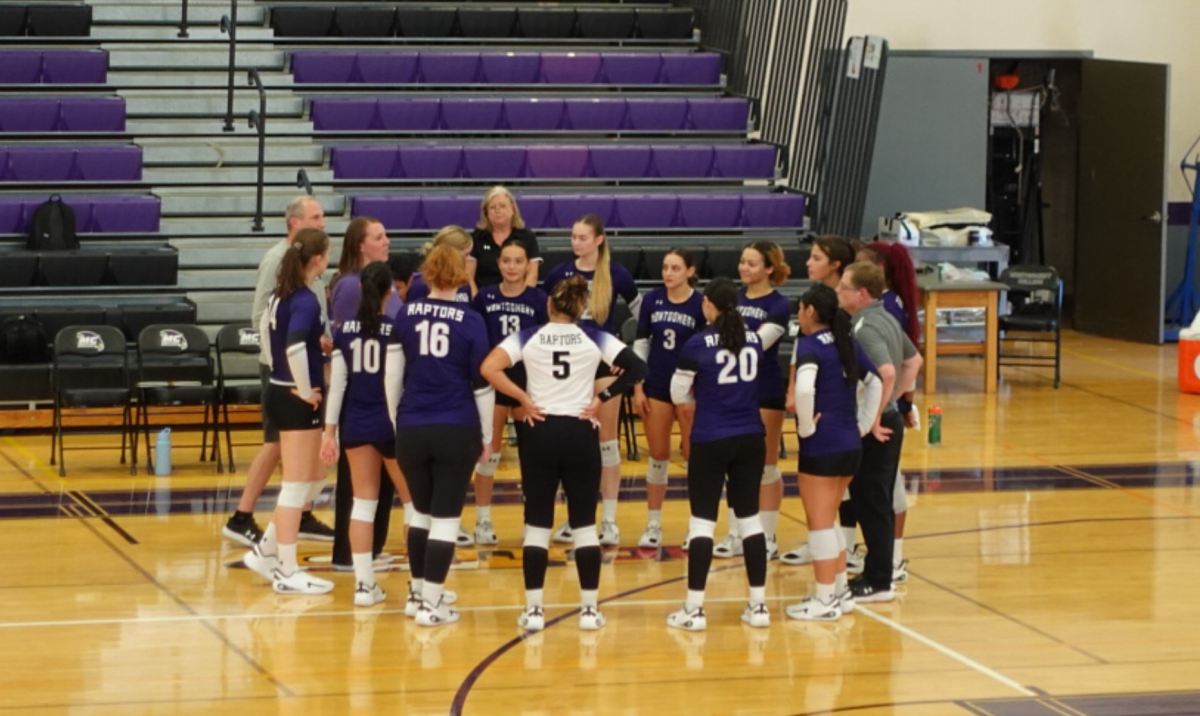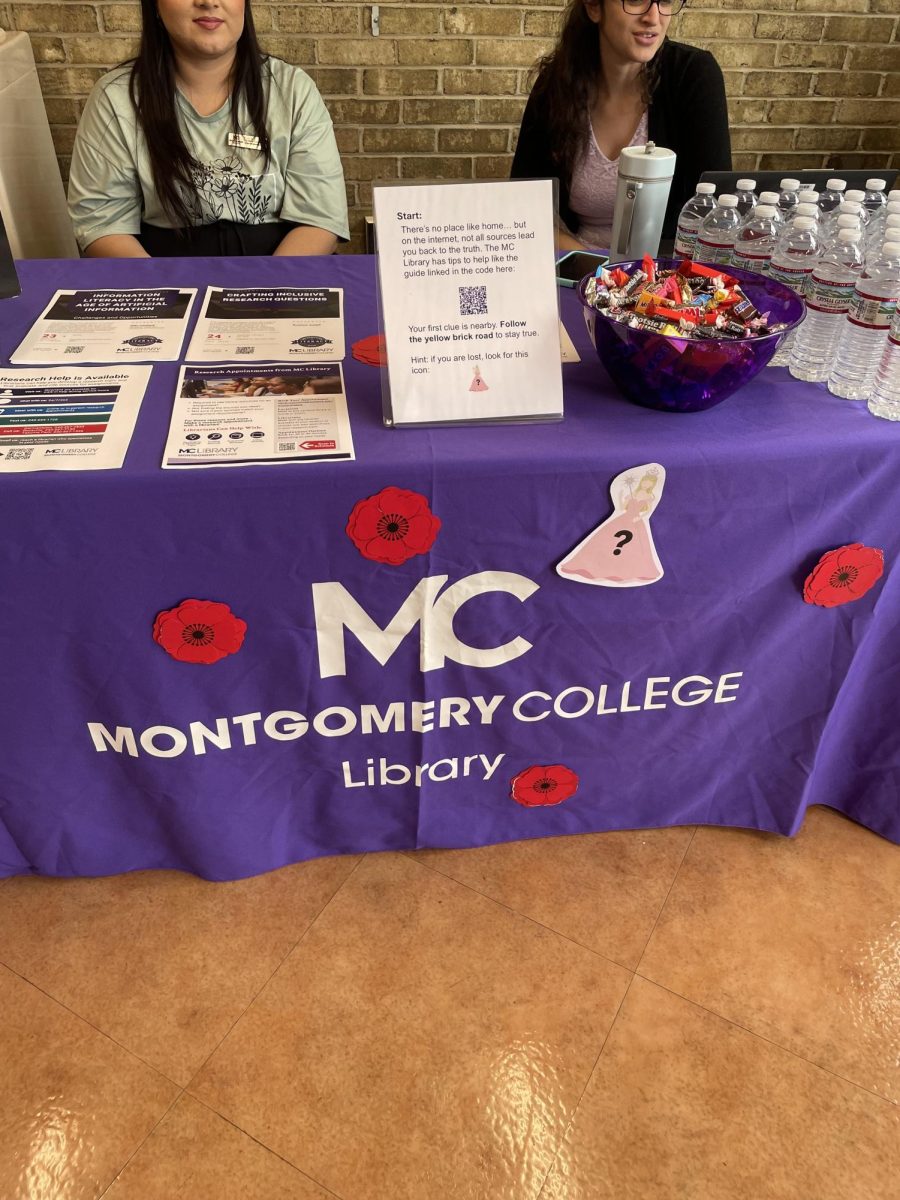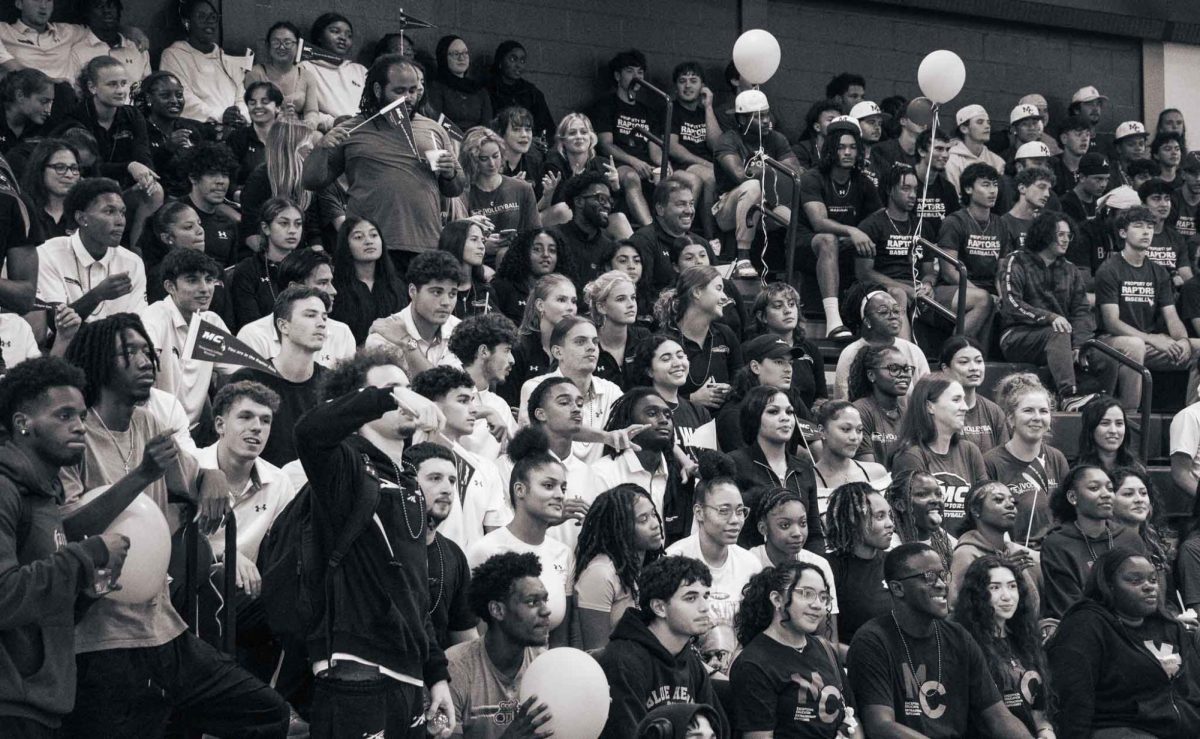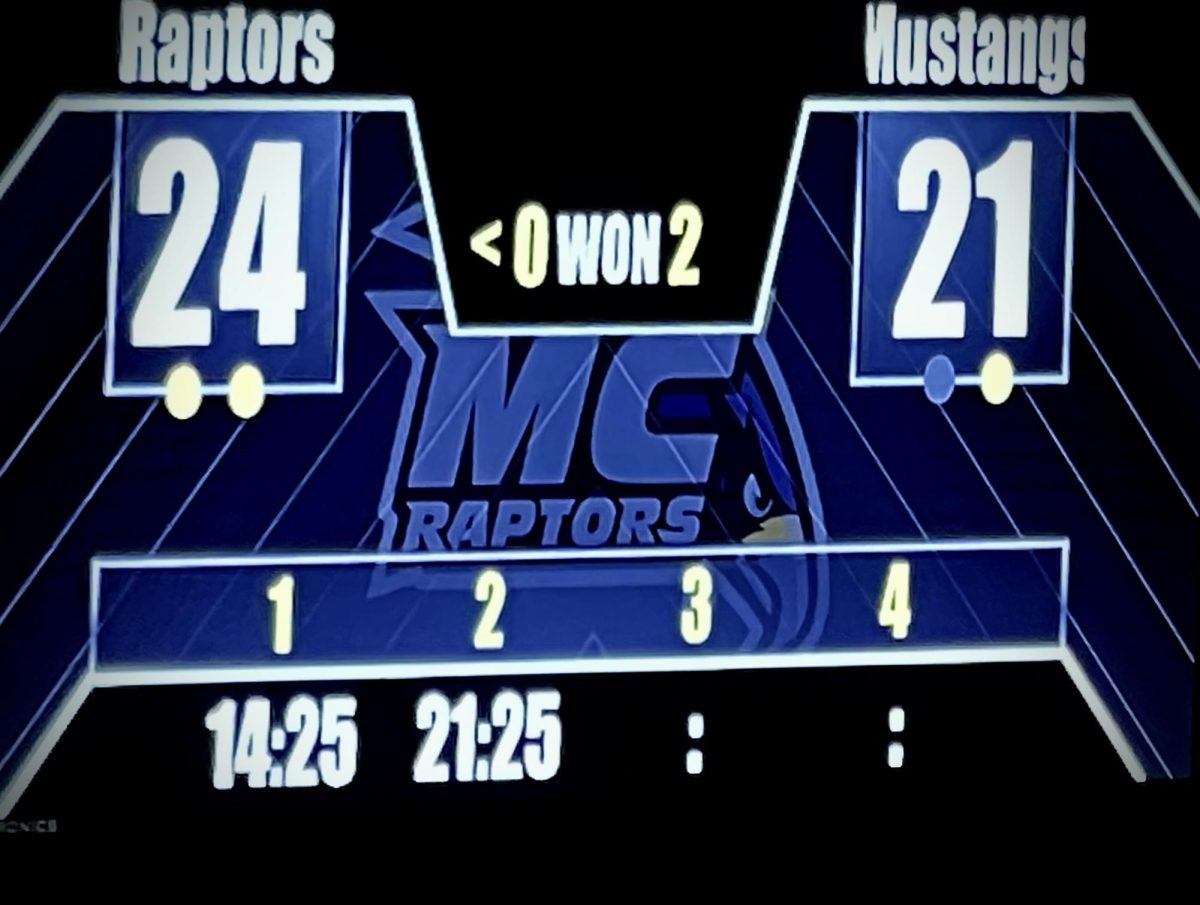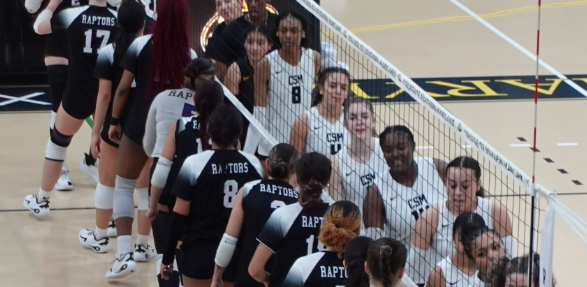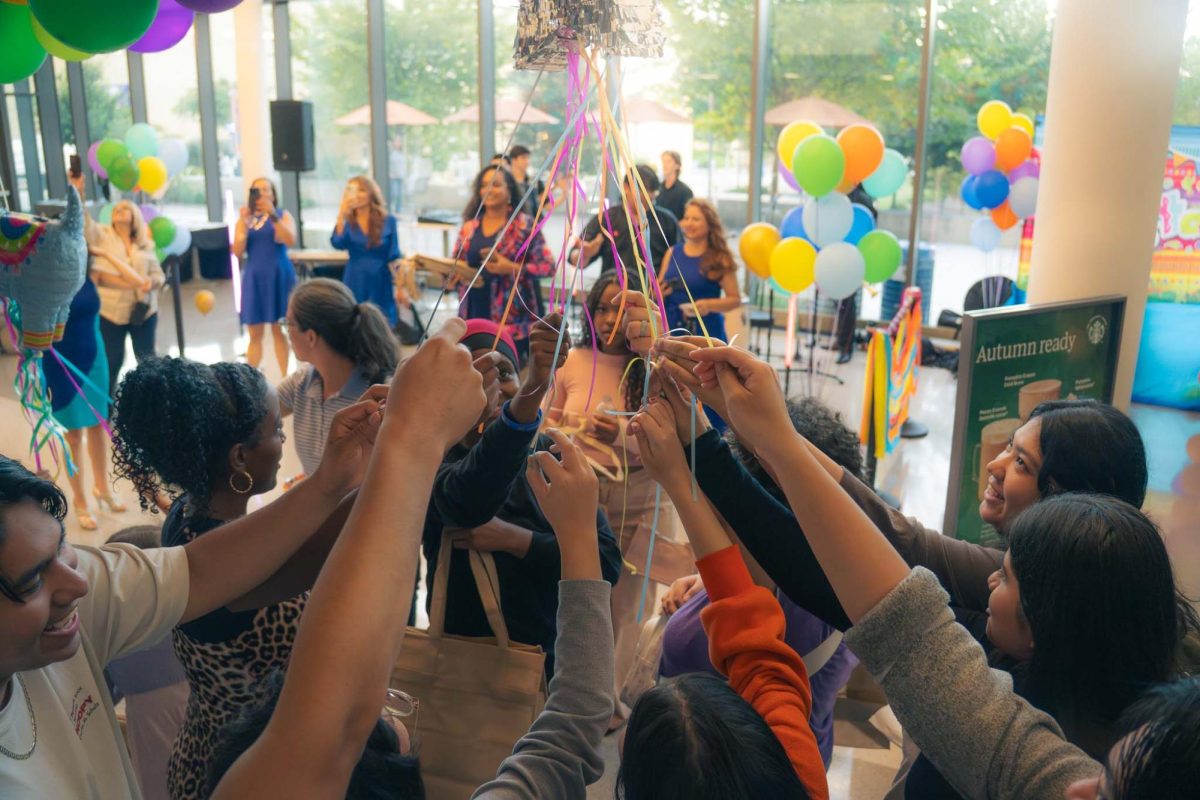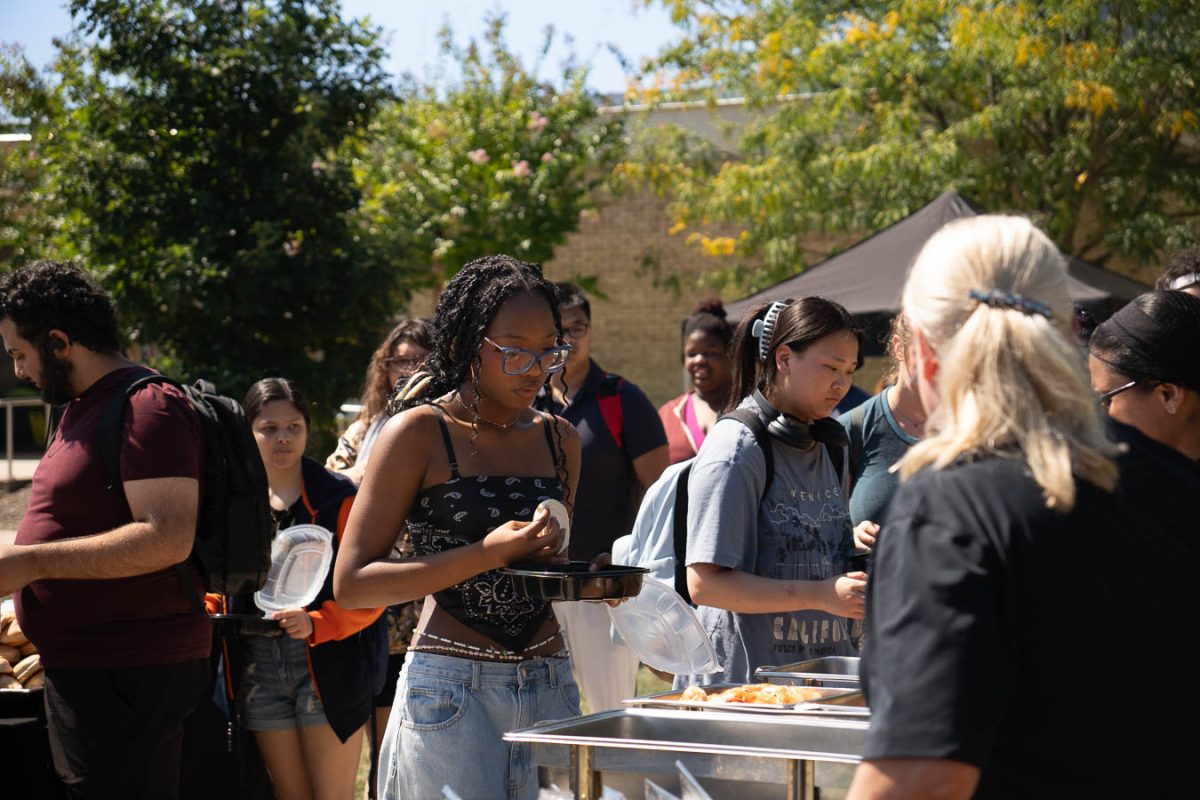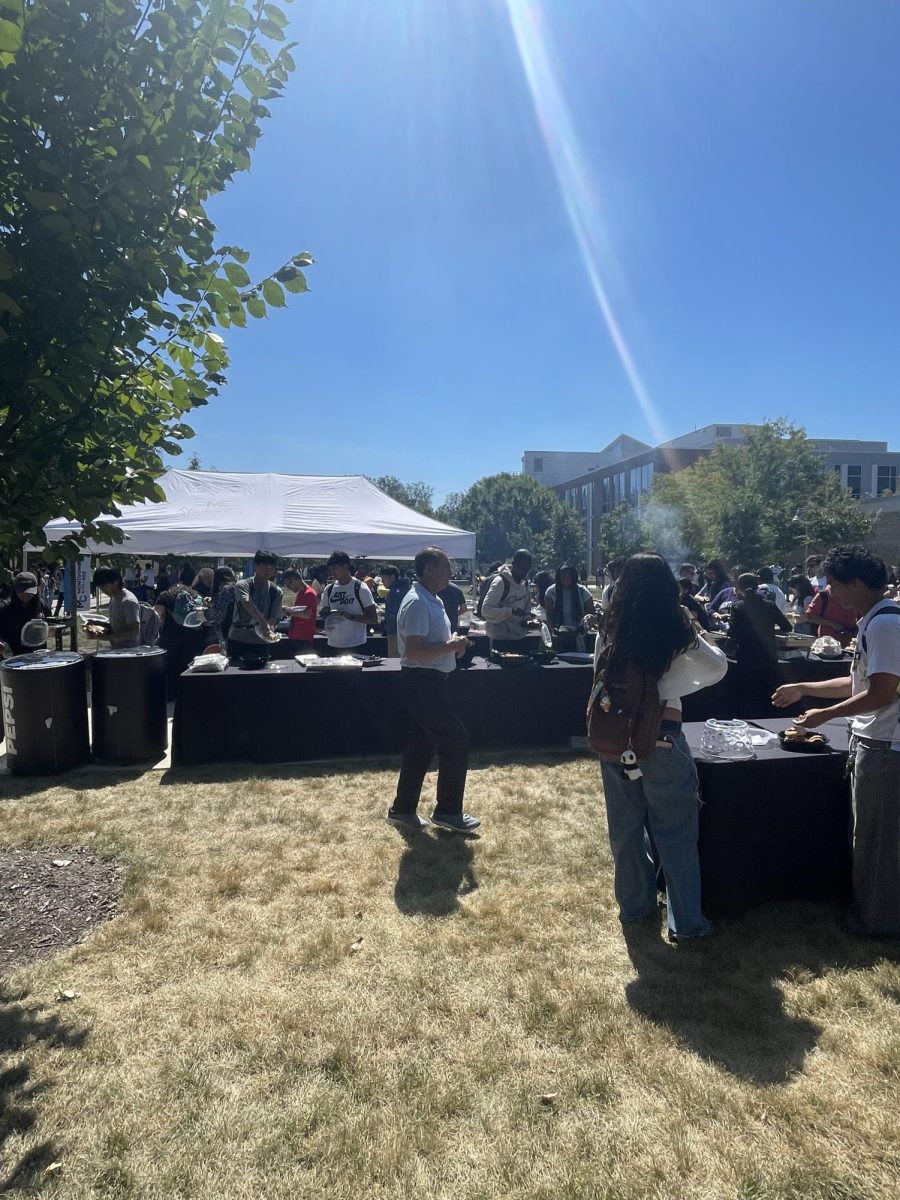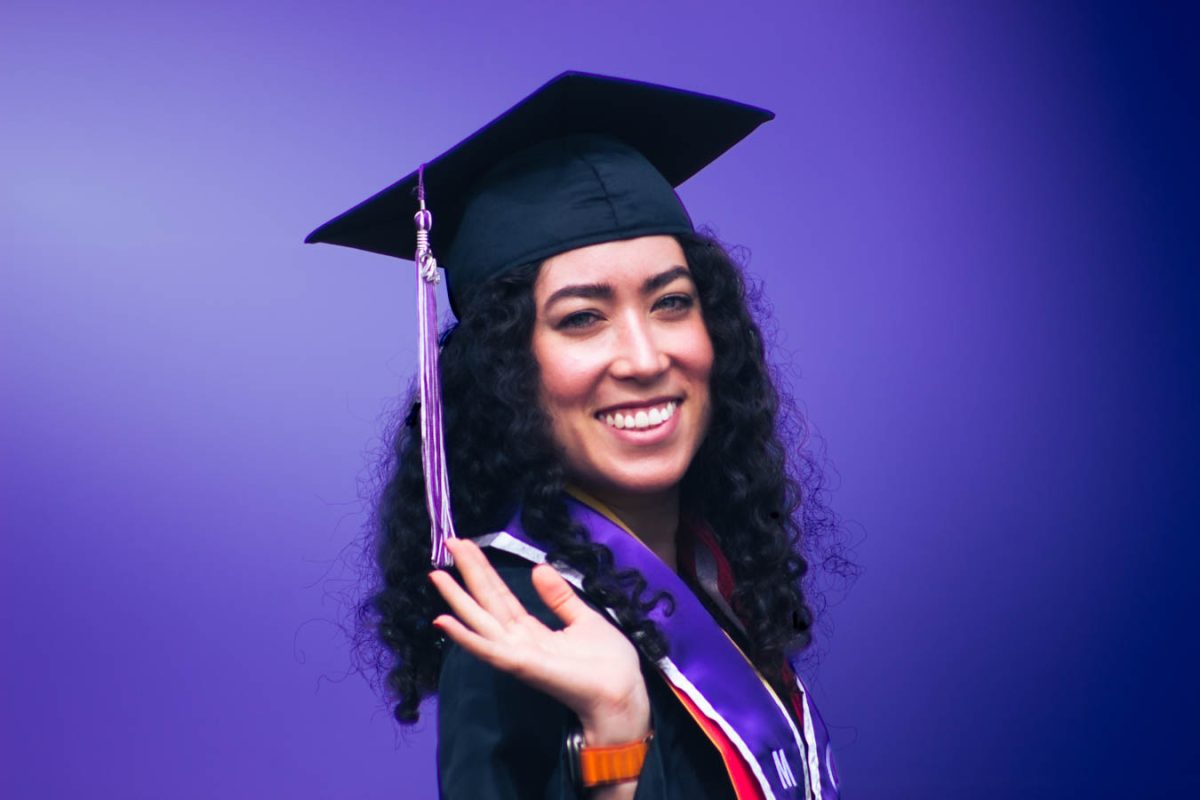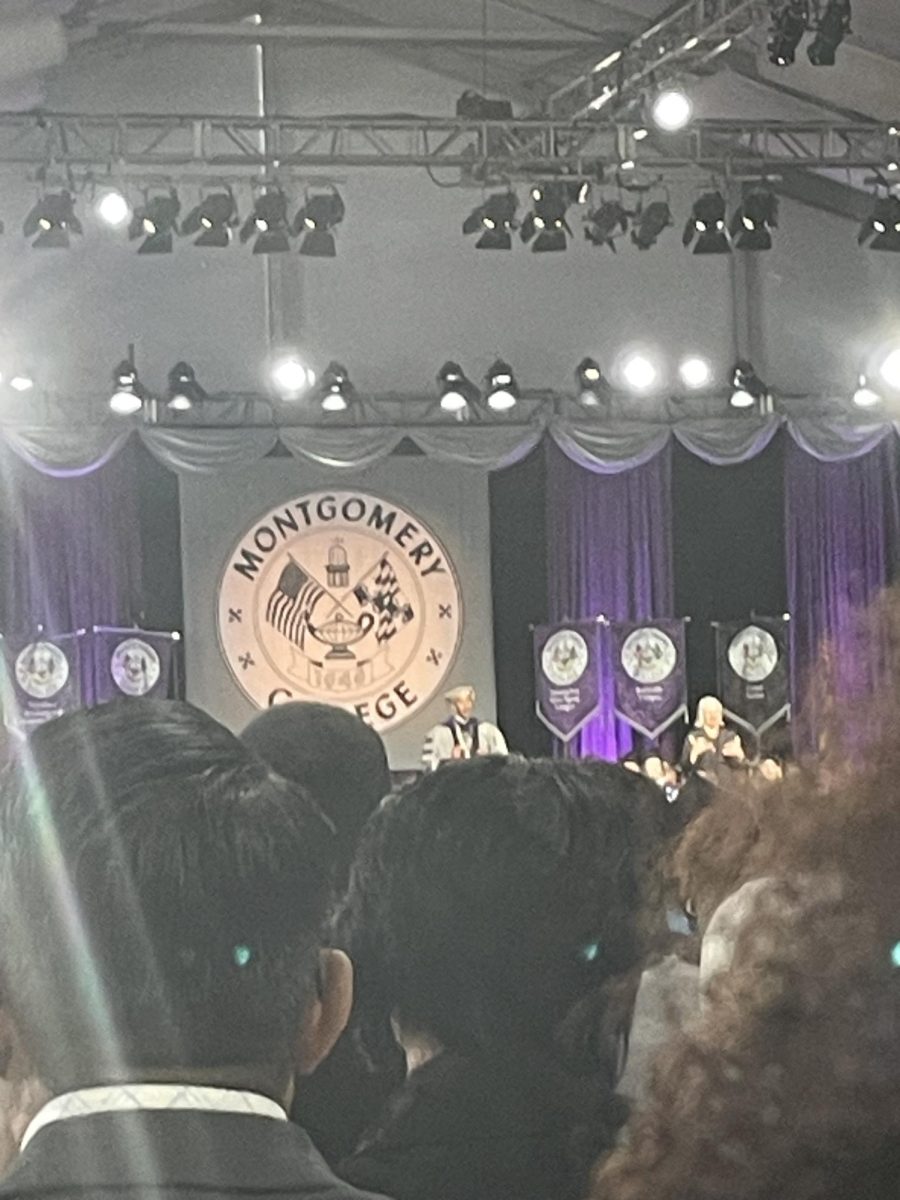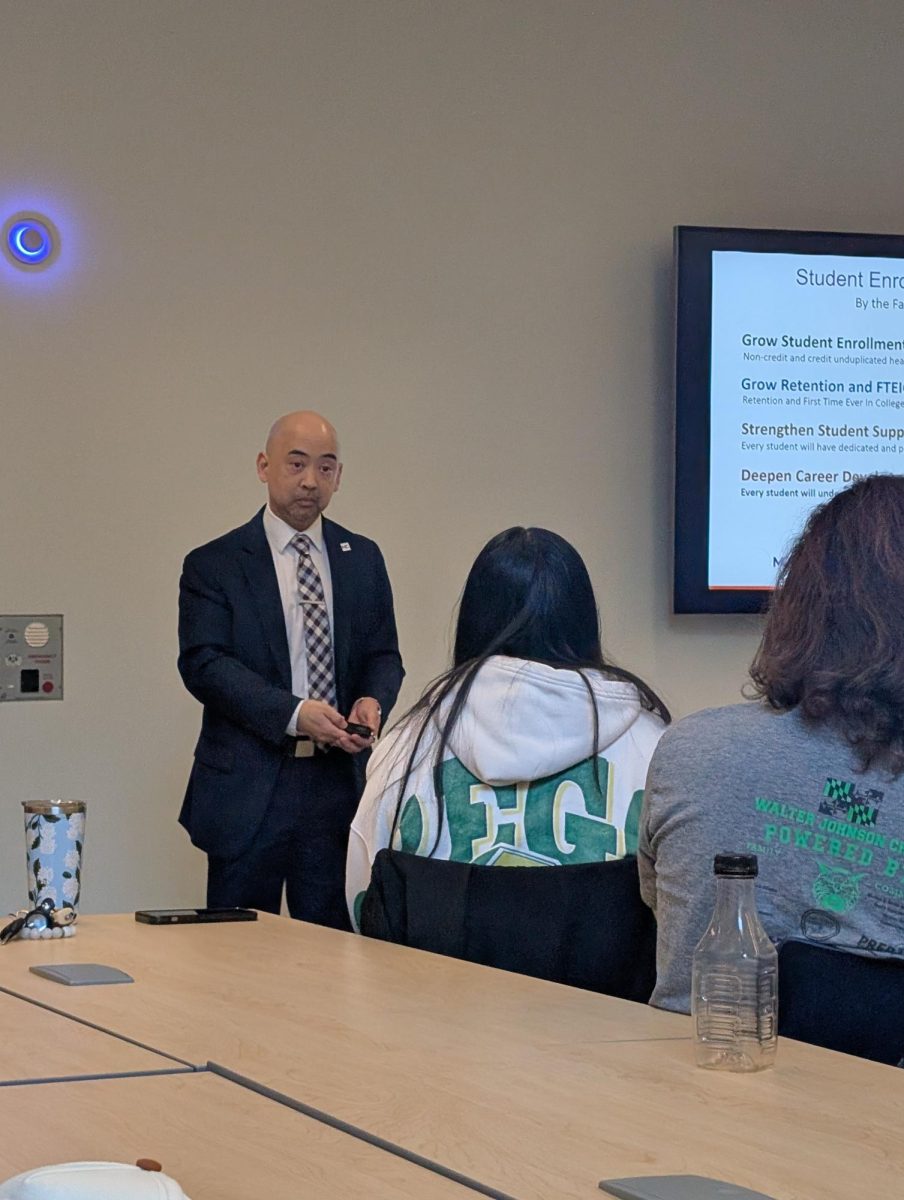To have set foot in the esteemed General Assembly Hall of the United Nations Headquarters will forever be a memory I hold dear to my heart. As a first-year student majoring in International Studies, I have always felt such an undeniable intrigue toward global political affairs and the complexities of our ever-changing world.
The United Nations is a topic of inevitable discussion within the field of International Studies but I could never fully comprehend the intricate and seemingly unfeasible task of maintaining international peace and security. It was precisely this inquisitiveness that led me to register for a Spring term course named “Politics in Action”, led by Dr. Nathan Zook, director of the Department of International Studies at Montgomery College.
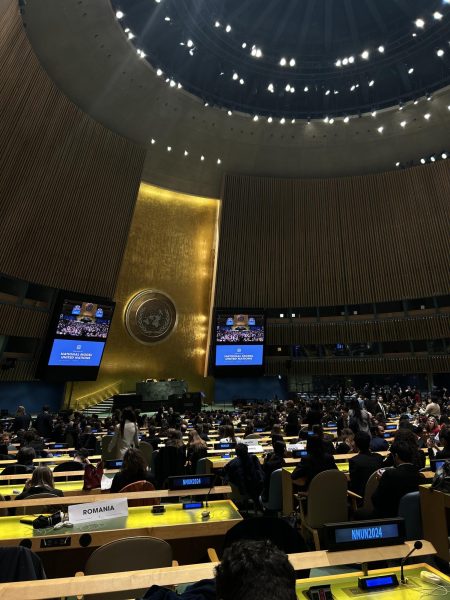
I had previously taken his course in “Comparative Politics and Governments” during my Fall semester of 2023, during which we analyzed the social and cultural contexts that impact political decision-making in a variety of types of countries. “Politics in Action” was an incredible opportunity to implement my previously learned skills into a real-life academic simulation, better known as the National Model United Nations.
For an intensive period of seven weeks, we prepared as best as we could for the upcoming conference by engaging in speech simulations, preparing position papers for our assigned committees, developing strategy papers, and gaining a precise understanding of all norms and practices within the Model United Nations. For many students, myself included, this was our very first time participating in this type of academic event.

On March 23rd, my fellow delegates and I set forth on our journey to New York City, to finally participate in the annual week-long Model UN Conference at the Hilton Midtown Hotel. Our class was equally divided to represent both the People’s Democratic Republic of Laos and The Democratic Republic of Korea; and as we were continuously reminded by Dr. Zook, we were all there in representation of Montgomery College.
In addition to representing a specific member state, we were also assigned separate committees including the Economic and Social Commission for Asia and the Pacific (ESCAP); the United Nations Environment Assembly (UNEA); the International Atomic Energy Agency (UAEA), and several others. At the conference we were directed towards separate ballrooms and each of our committees was assigned a director, an assistant director, and a chairperson who would be in charge of facilitating speeches, debates, and maintaining decorum throughout the sessions.

As a delegate representing the People’s Democratic Republic of Laos and specifically the Economic and Social Council (ECOSOC), I had spent the previous weeks preparing resolutions on the matters of Combating Food Insecurity and Risk of Famine as well as Empowering Youth to Accelerate Development. Building consensus with various other member states was initially a challenge given our notorious differences in priorities and the immensely broad scope of ideas among all students.
Nonetheless, our objective was to find ways to collaborate on our proposals with a majority of member states and ultimately create a unified draft resolution that would benefit all. As we vigorously engaged in multiple conversations between notable member states such as China, Nigeria, Solomon Islands, Eswatini, Côte d’Ivoire, and Qatar, we built an understanding of each other’s national priorities but also how our proposed resolutions and hypothetical changes effect politics nationally, regionally, and globally.
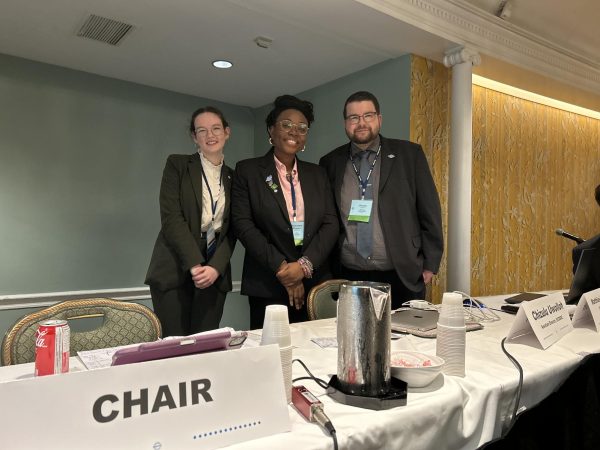
As our week-long conference finally came to an end, we were given access to the General Assembly Hall at the United Nations Headquarters for a closing ceremony directed by Secretary General Caitlin Hopper and Deputy Secretary General Citlali Mora Catlett. We were all congratulated for the collaborative efforts made throughout the week and invited to participate in future National Model United Nations Conferences.
